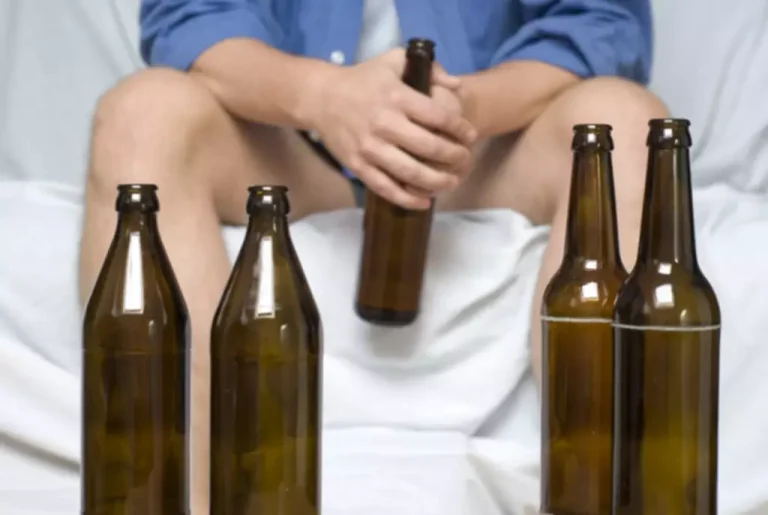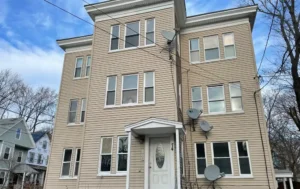Province launches secure care for people with brain injury, mental illness, severe addiction

Currently, the drug is in the same ultra-restrictive category as heroin and other substances the federal government deems prone to abuse and devoid of any medical use. Antidepressants are now the only FDA-approved drugs for post-traumatic stress disorder, which is closely linked to depression, anxiety and suicidal thinking and is more prevalent among women and veterans. Addiction and substance use disorder affects over 17% of the American population. You can use your Health Savings Account (HSA) or Flexible Spending Account (FSA) funds to pay for eligible expenses related to addiction treatment. Depending on the severity of your condition, your financial situation and the services available, residential therapy maylast one to two weeks or two to three months.
Sts’ailes, Canada and B.C. celebrate coordination agreement to support child and family services
Too, there may be long gaps in a resume that are hard to explain away. Insufficient experience or skill deficits are other common hurdles. Research has identified relapse patterns in adolescents and adults recovering from addiction. In one study, two-thirds of the adults relapsed in social situations in which they experienced urges and temptations to drink or use. One third experienced relapses when they were experiencing negative emotions and urges to drink/use. By contrast, most adolescents relapsed in social settings when they were trying to enhance a positive emotional state.
Benzodiazepines Recovery Duration
- Get the latest announcements on SAMHSA’s effort to address recovery support.
- Benzodiazepines withdrawal symptoms may begin in as little as six to eight hours after the last dose for short-acting benzos such as Xanax, Ativan, and Halcion.
- The change destabilizes the adaptation the family has made—and while the person in recovery is learning to do things differently, so must the rest of the family learn to do things differently.
- Others may need admission to a hospital or a residential treatment center.
- Addiction doesn’t just affect individuals; addiction is a family affliction.
- These programs may require anywhere from six to 20 or more hours of someone’s time per week.
After withdrawing, the individual may be in a residential inpatient center a month or longer. Substance misuse is an umbrella term referring to misusing substances to the point of detrimental consequences. However, it is important to note that substance misuse, even if not identified as a full-blown addiction, can be just as detrimental to one’s health, wellness, and overall lifestyle.
Public notifications and evacuation route planning will strengthen community safety

The length and severity of the addiction should also be factored into the length of treatment. The time it takes to explore the reasons behind an addiction is a factor many patients should consider when they are wondering how long rehab takes. Detox is frequently the first stop along the path of addiction treatment.
How Long Are Drug and Alcohol Rehab Programs

Sleep is essential for shoring up impulse control and fostering good decision-making. Another vital element of care during recovery is relapse prevention—learning specific strategies for dealing with cravings, stress, setbacks, difficult situations, and other predictable challenges. Sustaining behavior change until new patterns become ingrained is difficult under the best of circumstances. In leaving addiction behind, most people have to restructure their everyday life, from what they think about and who how long is drug rehab they spend time with and where, to how they use their time, to developing and pursuing new goals. The shifts in thinking and behavior are critical because they lay the groundwork for changes in brain circuity that gradually help restore self-control and restore the capacity to respond to normal rewards. Cravings are the intense desire for alcohol or drugs given formidable force by neural circuitry honed over time into single-minded pursuit of the outsize neurochemical reward such substances deliver.
- Beyond that, you may narrow the field based on location, additional services, amenities, and accreditations and certifications.
- If that aftercare guidance is inadequate (which it can be), be prepared to advocate for yourself or your loved one, and be determined to take advantage of available recovery resources.
- And they can help plan healthy joint activities to ensure that there are good days.
- However, it is important to note that substance misuse, even if not identified as a full-blown addiction, can be just as detrimental to one’s health, wellness, and overall lifestyle.

As always, the person’s ability to address their addiction and move through the recovery process will shorten the duration of their treatment. Inpatient or residential rehab are both terms used to describe any services https://ecosoberhouse.com/ that involve the individual leaving their home to live at the facility during their treatment. Residential rehabs generally offer a higher level of care, providing 24-hour support from a team of medical professionals.
If one of our articles is marked with a ‘reviewed for accuracy and expertise’ badge, it indicates that one or more members of our team of doctors and clinicians have reviewed the article further to ensure accuracy. This is part of our ongoing commitment to ensure FHE Health is trusted as a leader in mental health and addiction care. Almost 40.3 million U.S. residents over the age of 12 suffered from substance use disorder in 2020. Although there are varying levels of dependence, those who develop an addiction often can’t stop on their own. At any dependence level, our addiction programs at FHE Health can help you reclaim your life. For the first two weeks, a person may experience derealization, dysphoria, ringing in the ears, headaches, migraines, and tactile hallucinations, in addition to early withdrawal symptoms.
Identify other factors in your life—relationships, work—that can help take the focus off addictive behaviors. Neuroscientist Adi Jaffe, Ph.D., who himself recovered from addiction, outlines five steps. • Meaning and purpose—finding and developing a new sense of purpose, which can come from many sources.

Commenti recenti